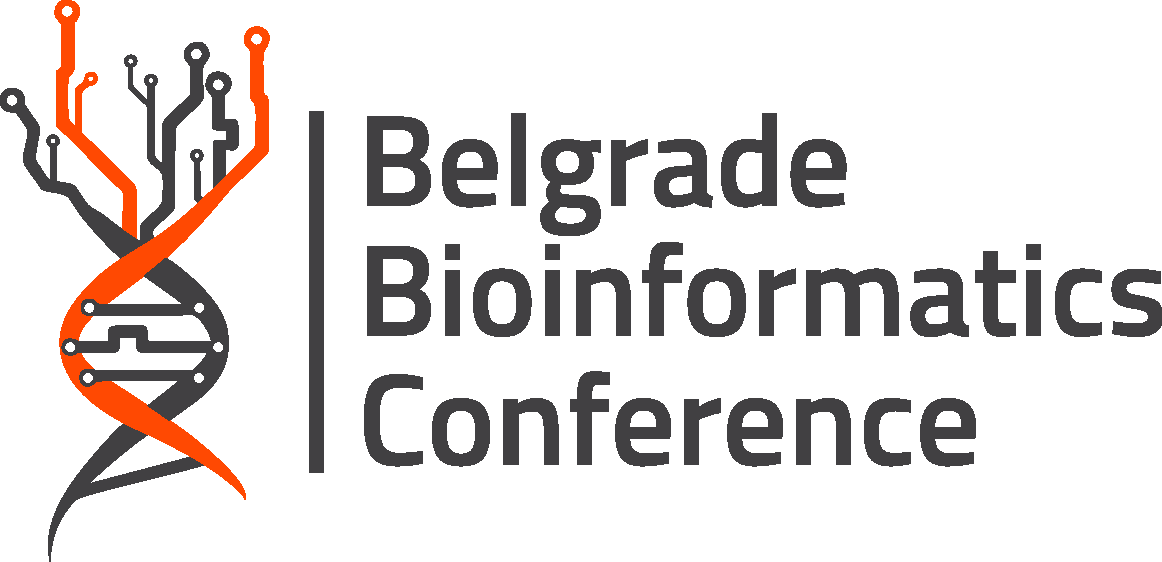Aleksandar Krstić
School of Medicine, Systems Biology Ireland, University College Dublin, Dublin, Ireland
aleksandar.krstic [at] ucd.ie
Abstract:
Early onset colorectal cancer (EOCRC), characterised by colorectal cancer (CRC) in individuals under 50 years of age, has witnessed a concerning global rise over the past three decades. While various risk factors such as smoking, alcohol consumption, and dietary habits have been implicated, a definitive causal link remains to be fully understood. Our research aims to explore the hypothesis that EOCRC represents a distinct clinical and molecular entity compared to Late Onset CRC (LOCRC).
Through comprehensive omics profiling encompassing proteomics, genomics, and transcriptomics, we aim to unravel the underlying mechanisms driving EOCRC. This approach not only offers insights into disease pathogenesis, but also holds promise for identifying novel biomarkers crucial for patient stratification and the development of tailored treatment strategies.
In our study, we analysed healthy and matched tumour tissues from a cohort of 80 Irish EOCRC and LOCRC patients diagnosed with microsatellite stable, resectable disease and no familial syndromes, using mass spectrometry. Pathway enrichment analysis unveiled alterations in molecular functions specific to EOCRC samples, including dysregulated Granzyme A signalling and mitochondrial dysfunction indicative of potential metabolic rewiring. Furthermore, downregulated NET signalling suggests unfavourable immunomodulation, while observed deactivation of oxidative phosphorylation, corroborated by transcriptomics analysis, may indicate a response to immune checkpoint inhibitors.
By integrating these findings with mutational profiling and clinical data, we aim to develop digital simulations capable of predicting patient outcomes and guiding personalised treatment regimens. This multifaceted approach holds promise for advancing our understanding of EOCRC and improving patient care outcomes.

